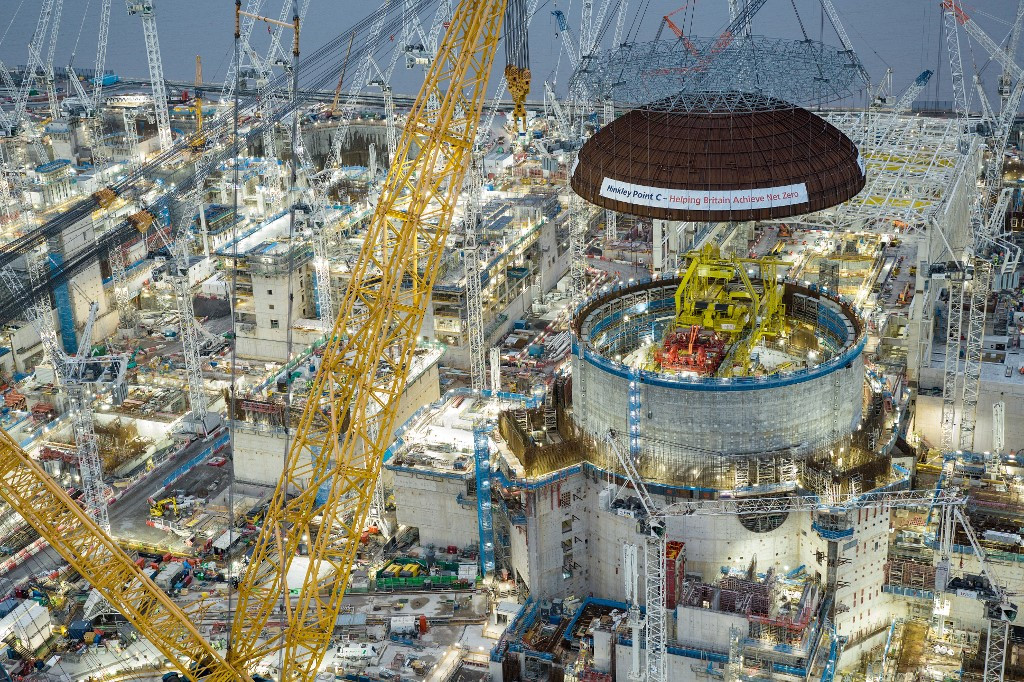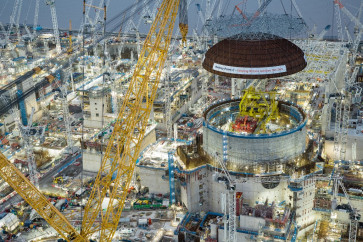Popular Reads
Top Results
Can't find what you're looking for?
View all search resultsPopular Reads
Top Results
Can't find what you're looking for?
View all search resultsEmpowering energy engineers: Indonesia’s path to renewable solutions
Indonesia needs to look to harnessing the skills of its applied scientists, specifically nuclear engineers and engineering physicists, by carving out opportunities in emerging sectors toward reaching its Golden Indonesia 2045 vision.
Change text size
Gift Premium Articles
to Anyone
I
ndonesia's vision for 2045, often referred to as Golden Indonesia, is ambitious. The country aims to become the world’s fourth-largest economy by that time, with the vision’s central component being the commitment to reducing greenhouse gas (GHG) emissions intensity to net-zero.
However, Indonesia faces significant challenges to realizing this goal. As the population grows, food demand is expected to double, necessitating a significant increase in land use. Additionally, the rise of artificial intelligence (AI) introduces both opportunities and risks, including potential job displacement and cybersecurity threats.
Amid these challenges, the energy transition is crucial to addressing climate change, improving public health and enhancing energy security, all while creating new jobs. Yet the global landscape is shifting, characterized by inward-looking policies and intense economic competition, adding another layer of complexity to Indonesia's ambitions.
Indonesia's energy transition is vital to mitigating climate change, ensuring energy resilience and sustaining economic growth. The current energy policy focuses on renewable energy sources such as solar, wind, hydro and geothermal, and leaves nuclear energy potential untapped.
As of 2023, fossil fuels dominate Indonesia's energy mix, making up 86 percent of consumption, with coal, petroleum and natural gas as the primary sources. Specifically, coal accounted for 39 percent of primary energy consumption, petroleum 26 percent and natural gas 17 percent, leaving only 14 percent for nonfossil sources.
Looking ahead to 2045, Indonesia’s energy landscape is expected to undergo significant changes. The country aims to reduce its reliance on fossil fuels, with projections indicating that the share of renewable energy could increase to 31 percent by 2045.
This shift is part of Indonesia’s broader commitment to reducing GHG emissions intensity by 29 percent unconditionally and up to 41 percent with international assistance, compared to the business as usual scenario.



















